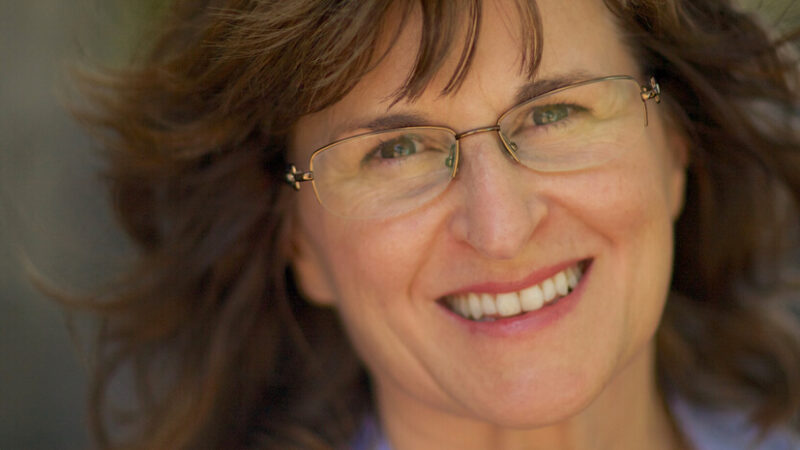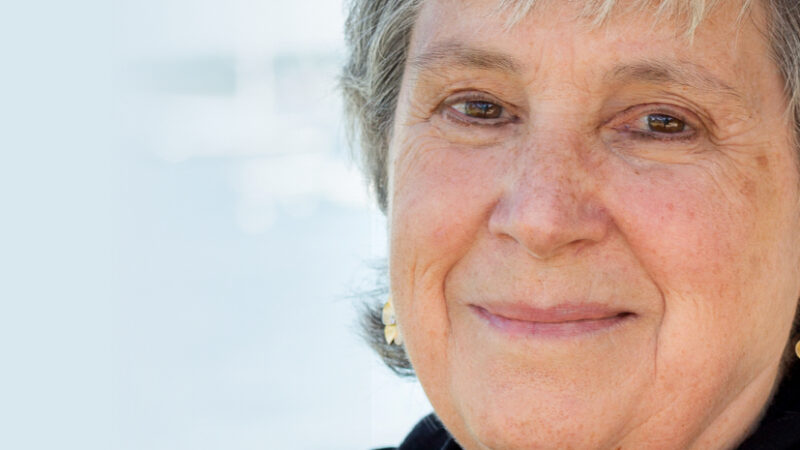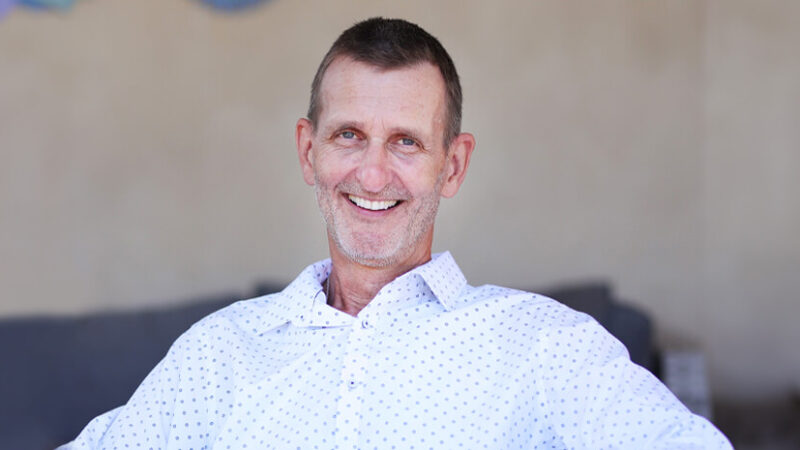Karla McLaren:Making Friends with Anxiety … and All ...
Karla McLaren is an award-winning author, social science researcher, and empathy pioneer. Her work focuses on a “grand unified theory of emotions,” in which she moves us beyond looking at some emotions as negative and some as positive, and instead helps people see the genius that lives inside every single emotion. In this podcast, Tami Simon speaks with Karla about managing the multiple emotions that many of us are experiencing as we navigate both a pandemic and a time of societal transformation. Tami and Karla also discuss the importance of creating a community that shares an “emotional vocabulary,” the four keys to unlocking the wisdom of our emotions, and much more.






